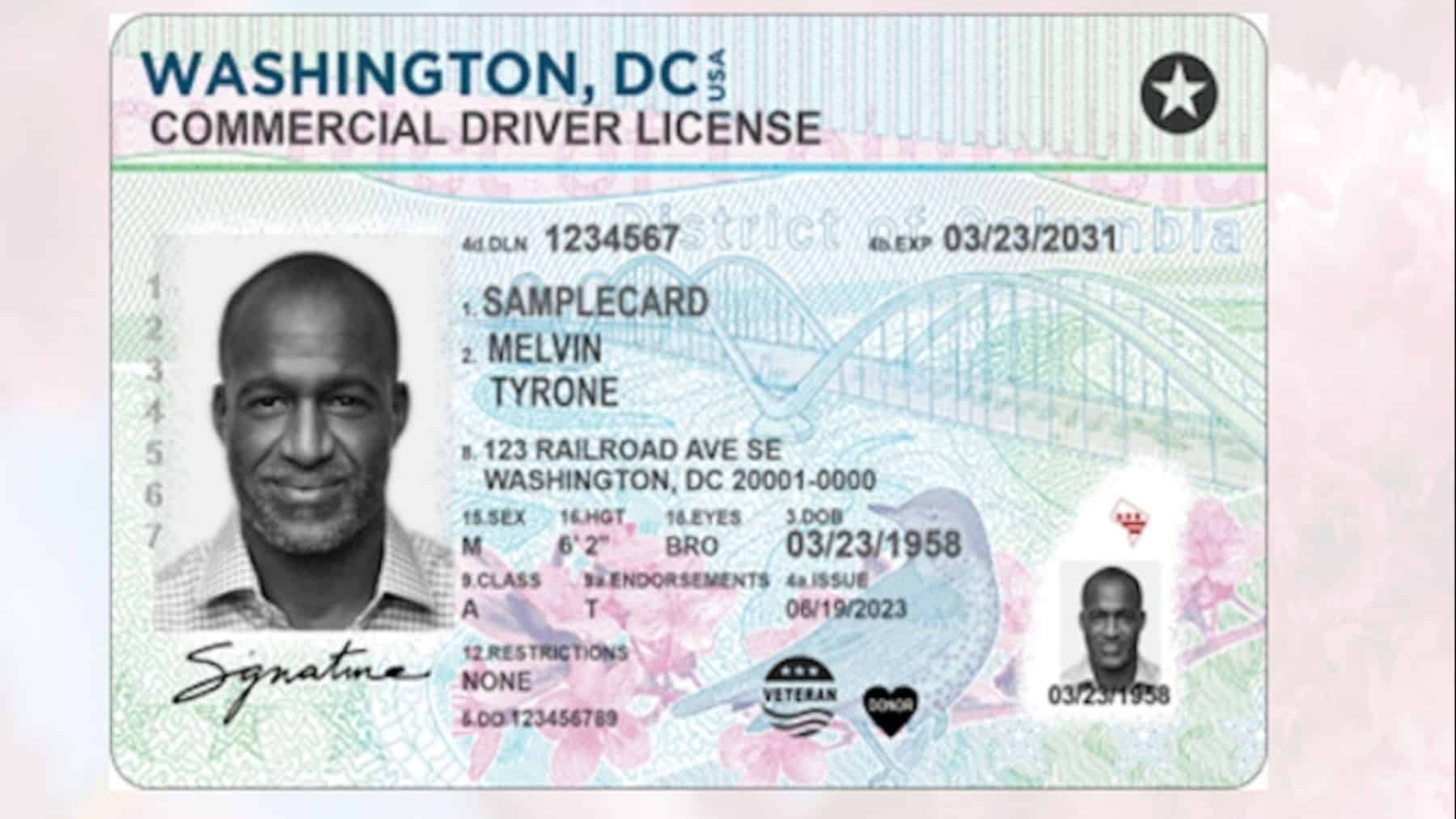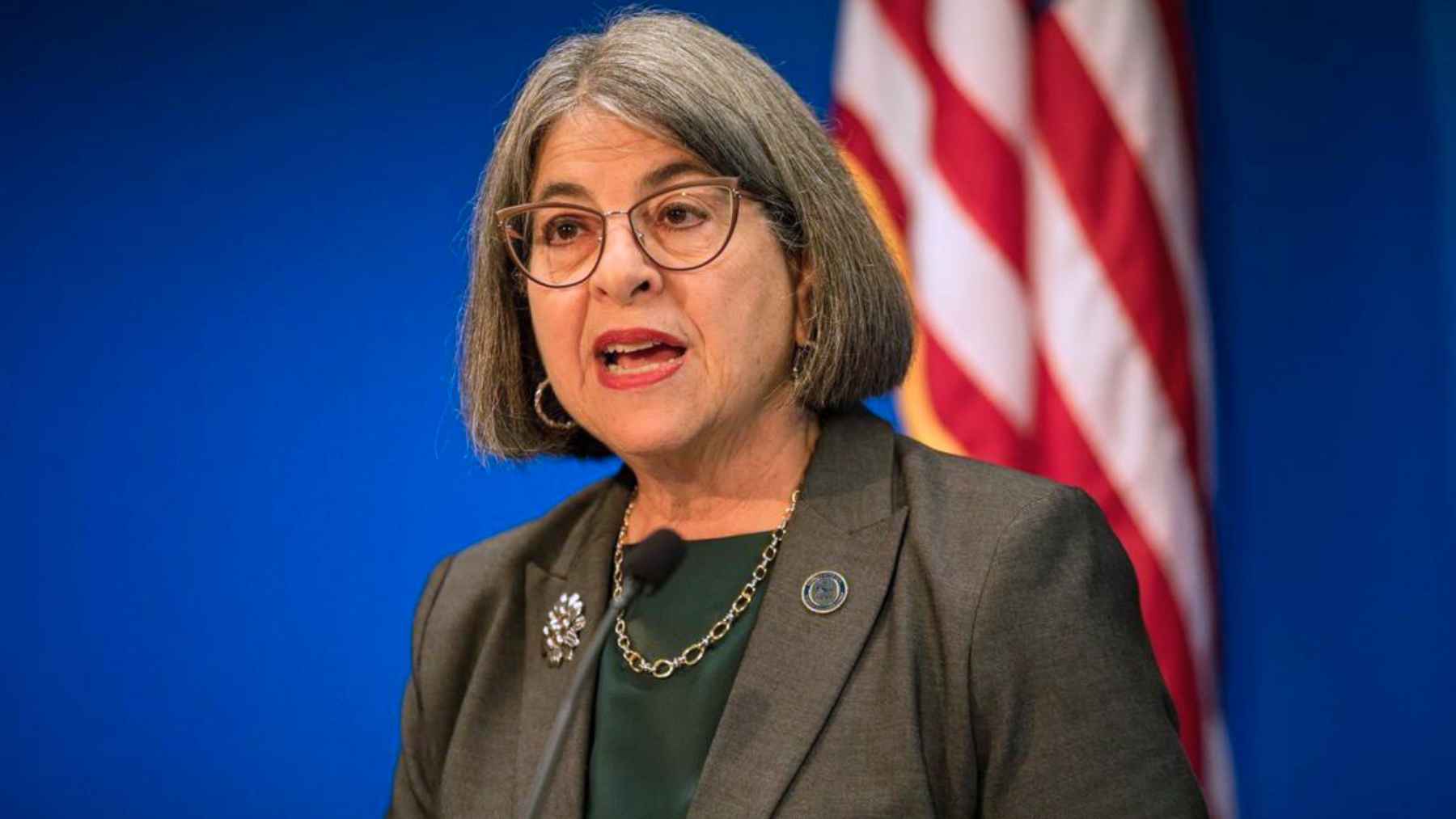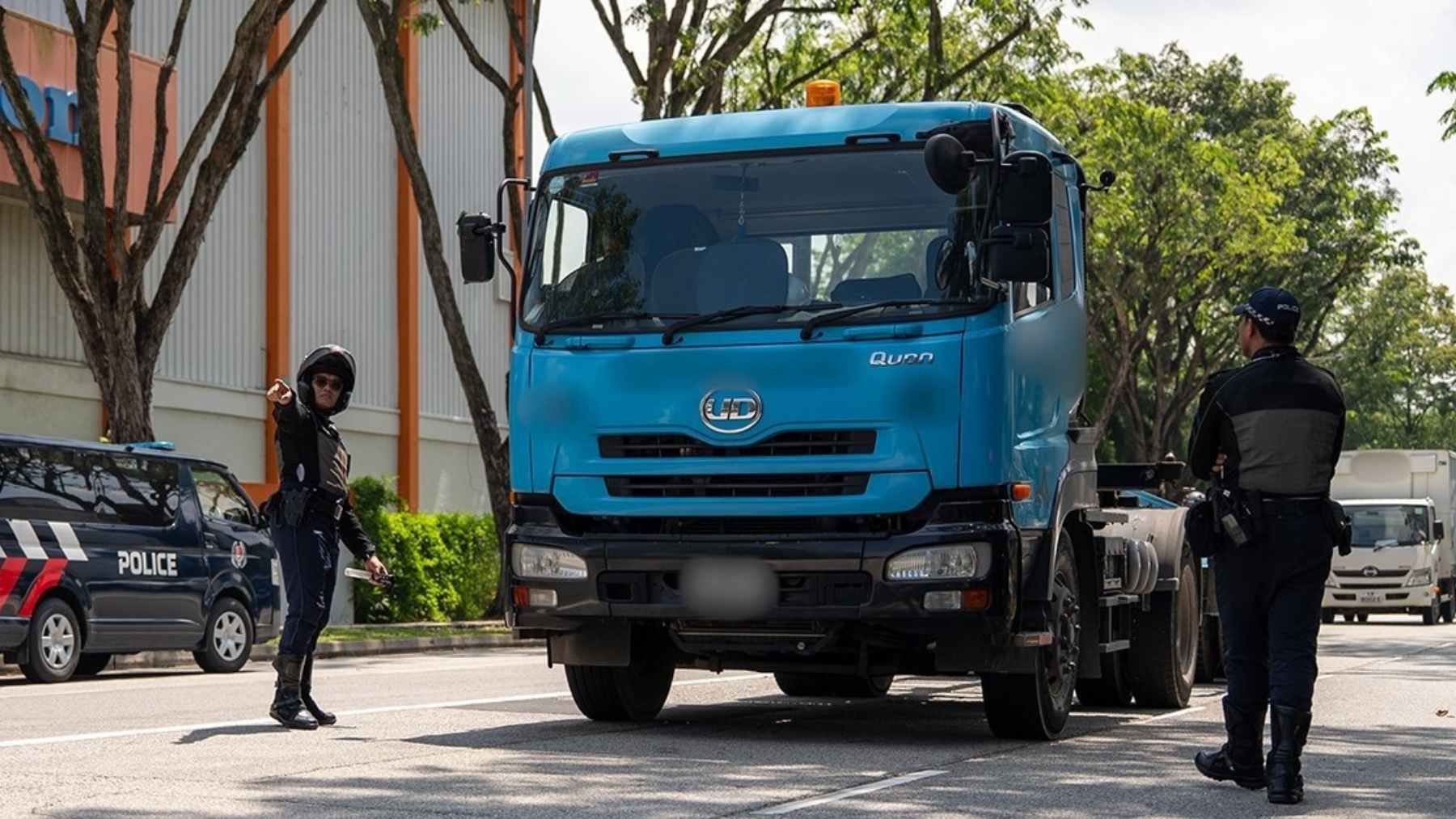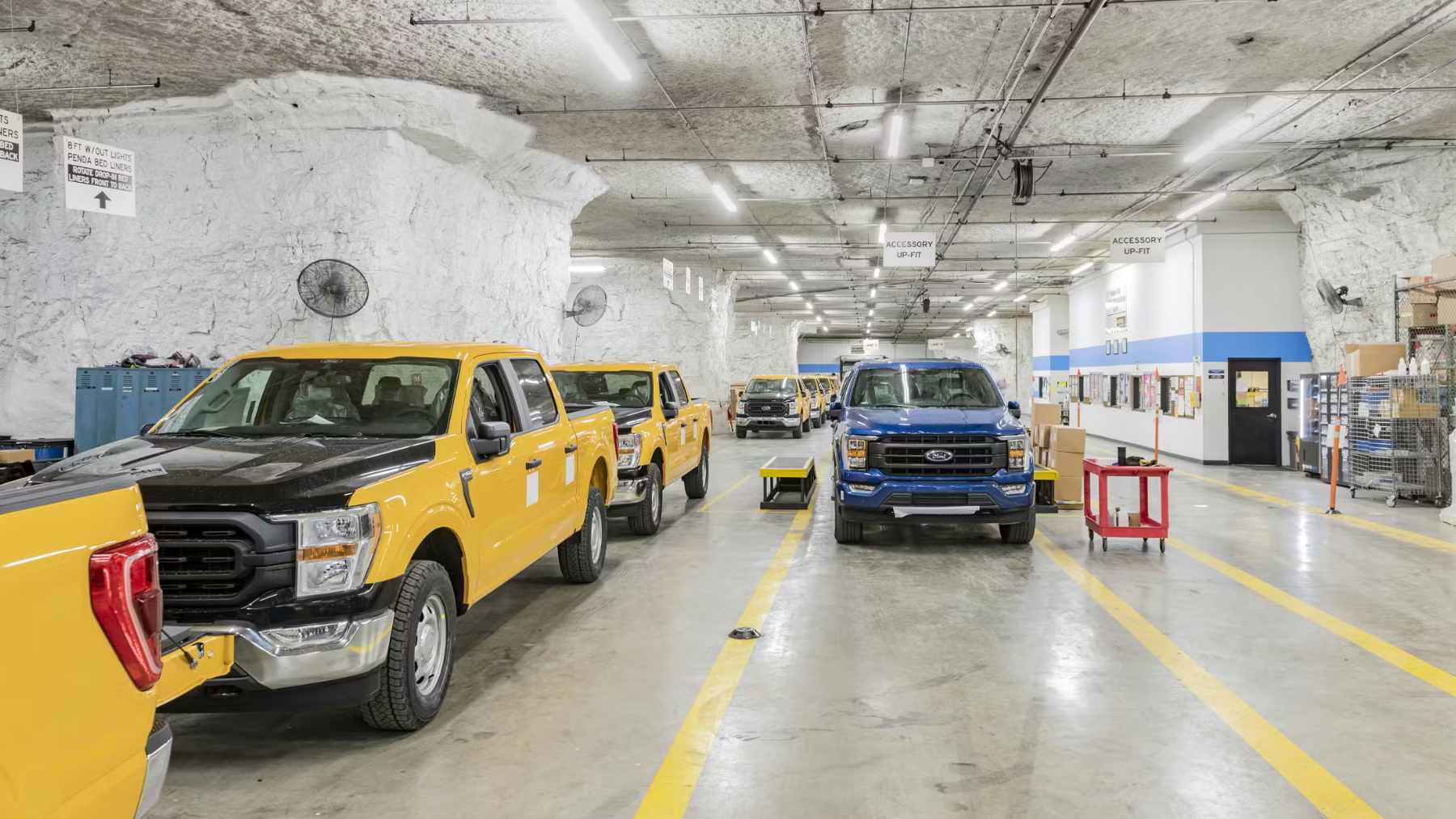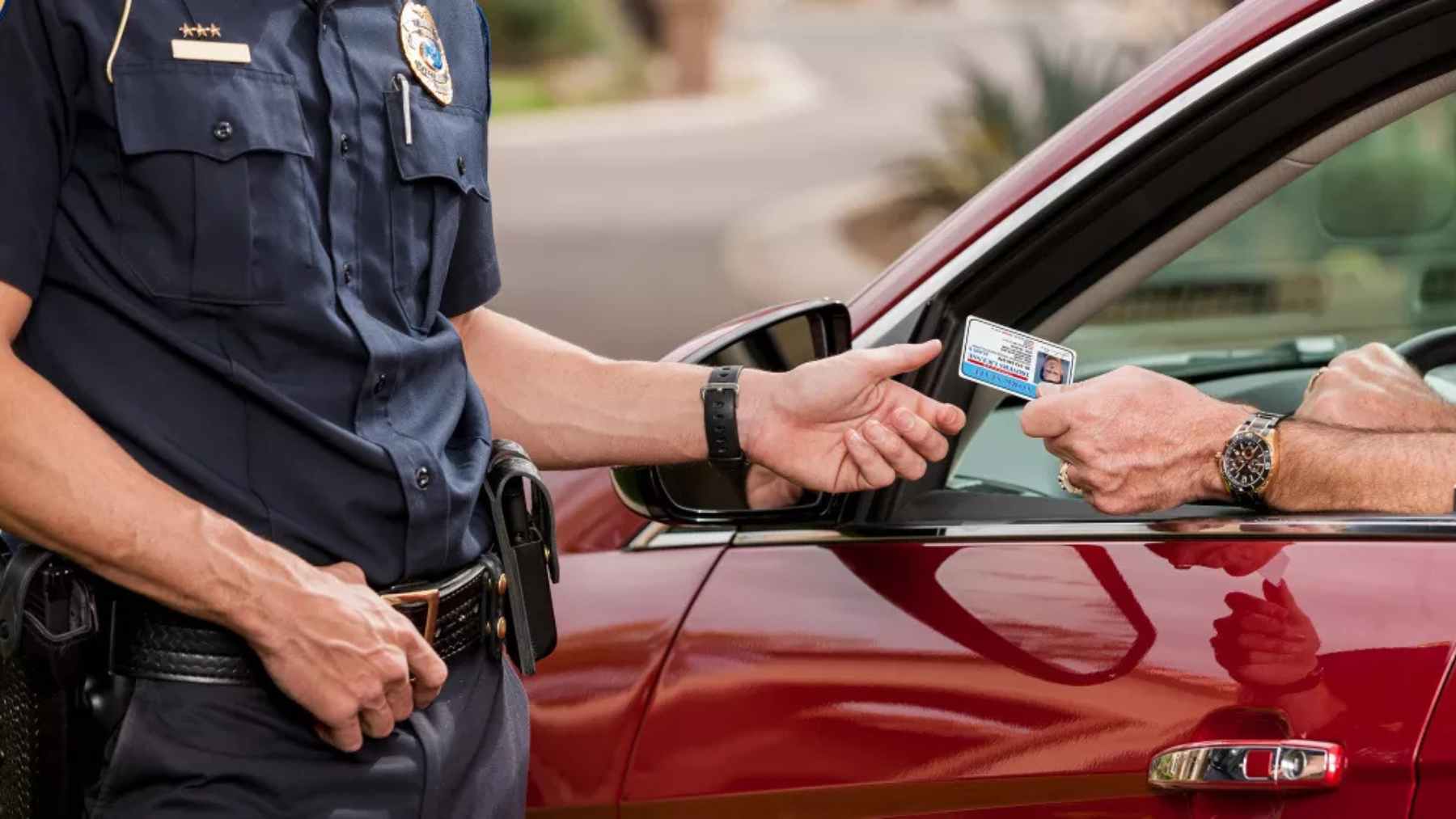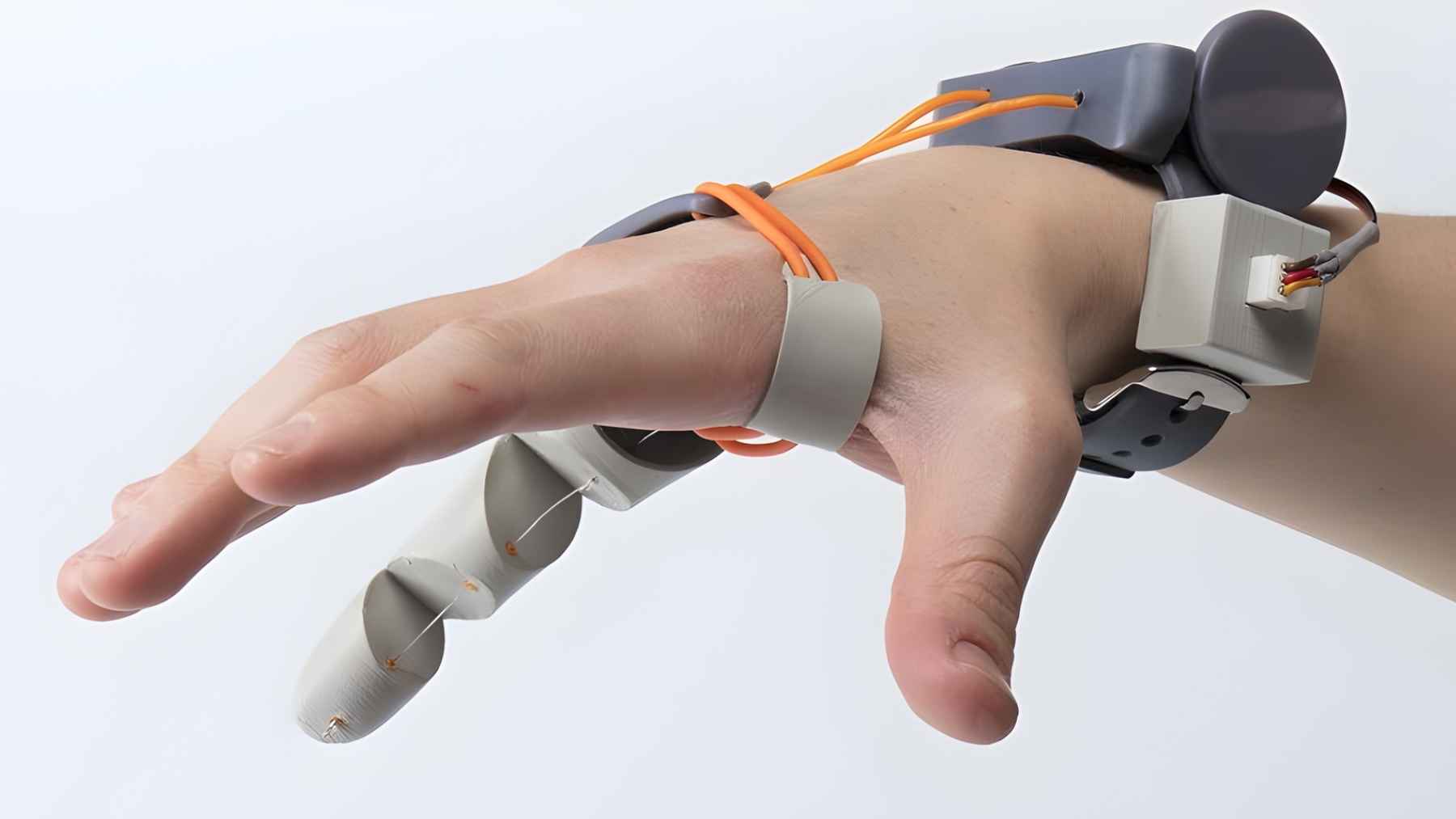A new legislation has come into effect, challenging the longstanding barrier to employment for people with disabilities. For far too long, a key requirement to gain a job in Washington was the requirement of a driving license.
As per U.S. Census data, approximately 12% of Washingtonians live with a disability and have long found finding employment difficult. Advocates assert that due to the hiring practices, candidates are automatically not given a job because they don’t drive. Disabled citizens were excluded from jobs because they didn’t have a driver’s license, even when the job didn’t require it.
More about the bipartisan bill expanding job opportunities
Anna Zivarts, director of the Disability Mobility Initiative at Disability Rights Washington, says “Even if we manage to live somewhere with reliable transit or find a job that allows for remote work, too often employers will still list a driver’s license as a condition of employment – even when the job has nothing to do with driving.”
As per the bipartisan bill, SB 5501, the law distinguishes jobs where driving is deemed essential from those that cater for a non-driving role. Initially, certain citizens were disqualified from being accepted for certain jobs as they did not possess a driver’s license. The bipartisan bill will make it easier for those with disabilities to find a job.
Removing the compulsory driver’s license rule
Although the group of people that will benefit the most from this change is those with disabilities, they won’t be the only ones benefiting. About 12% of driving-age adults in the U.S. do not have their driver’s license. This group of people includes young adults as well as people of color. Of late, the number of 16-year-olds with a driver’s license has significantly decreased from about 46% back in 1983 to 25% in 2021.
The decision to change the mandatory law of a driver’s license is not just an economical decision, but a rather practical one. The end of the mandate is good news for young workers, immigrants and low-income individuals. The unfair restriction of linking a driver’s license to employability is now archaic.
Who will Washington be joining in the adoption of this mandate?
The signing of SB 5501 means that Washington joins California and Oregon where similar reforms will be enacted. The law comes into effect as of July 27, 2025. The law also shows recognition for the fact that employment policies will need to evolve with transportation changes, technological changes, and workplace flexibility.
The truth of the matter is that while some jobs require driving, others don’t; therefore, the outdated requirement of needing a driver’s license does not sit well with many citizens. Sen. Derek Stanford (D-Bothell), the bill’s sponsor, advocates:
“We should not exclude qualified job candidates just because they don’t drive.”
This legislation favors the bipartisan support for improving workforce equity, with more companies being open to remote work and better public transit options. The law is working to align with the realities of life.
The reality of life is different in every state. In the state of Ohio, driver’s education will be back in schools as per the educational policy shift by Governor Mike DeWine.
The takeaway for the enactment of this mandate
SB 5501 in Washington Senate is a mandate that shows the state is considering both innovation and inclusivity. The message put forward by Senate Bill 5501, sponsored by Sen. Derek Standford (D-Bothell) works in favor of disabled people as well as citizens who cannot drive. The bipartisan mandate puts forward the message that your work should not be determined by your driving capabilities.
While Washington’s law will see fewer citizens rushing to get their driver’s license, young citizens in the state of Kentucky will be rushing to get their driver’s license as 15-year-olds can now apply for theirs.
